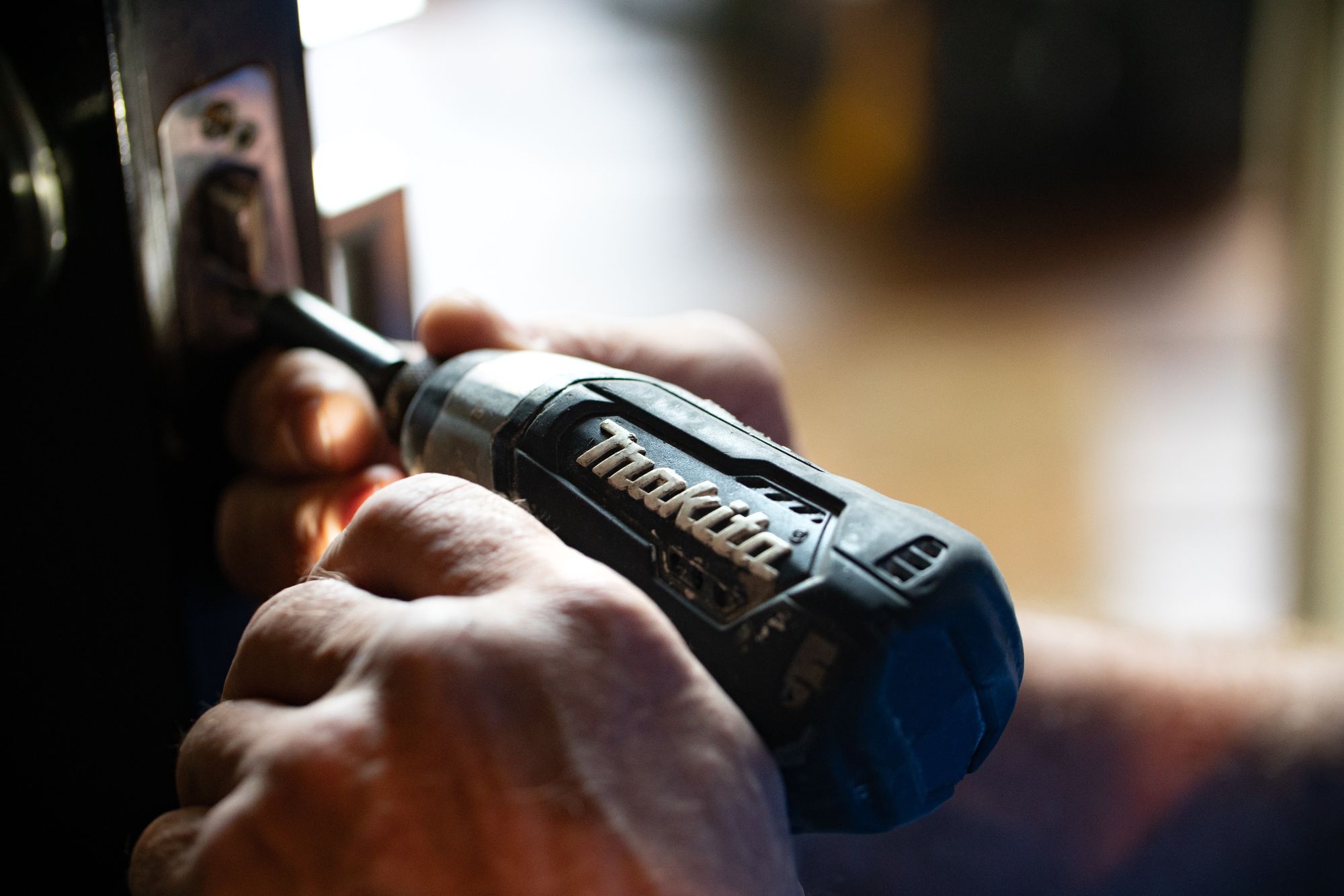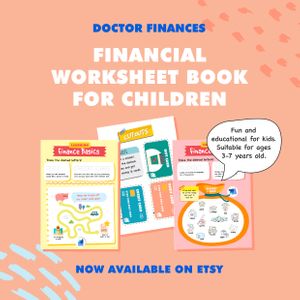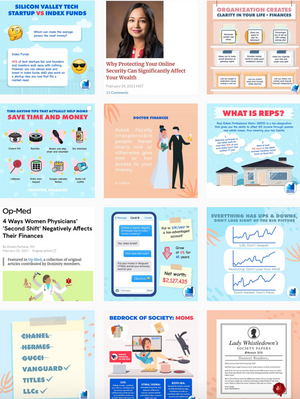This is the second part of suggestions on how to cut down costs and save money during this pandemic; you can find Part 1 here.
Things To Prep Now, To Save Later:

1. Tea/Coffee/Lunch: This is a great time for trial-and-error. My spouse and I are big tea-coffee people and plan to always visit coffee shops to explore different flavors, however, it’s important to know how to make good tea and coffee at home. Everything should be in moderation, so if you explore two new shops or if you buy lattes 2x a week, you should make it at home the other 3-5x a week. This saves you money but also lets you experiment your own creations. And the only way to figure out how to make good coffee-tea is by trial and error. One thing we never perfected was our tea which we drink often. In a surprise turn of events during this quarantine, we actually figured out how to make that perfect tea after much trial and error, which will serve us well once we are out and about. Same applies for quick/yummy lunch recipes that you can experiment with now, and utilize later once back at work physically.
2. Home improvements: This is probably the best time to get all of your home improvements in order (given you can order parts, and kids are not running around driving you mad). Fixing things now will make your life easier once society is back in the swing of things, and hopefully provide time-saving returns. So first, fix anything that is broken or needs updates that you have been delaying such as a broken door handle or garage opener, and you can also include organizing your home so that not only is it clutter-free but you find things when you are looking for them and save money in the long-run. (Tip: you may be able to include kids in the organization process if they are old enough, or find “new” toys or activities while organizing that can keep them entertained).
Once you are done with urgent fixing, here are some additional things you can do to save money in the long-run:

- Replace lights with low-energy bulbs such as CFL or LED lights
- Install a programmable thermostat to control when ac/heat should turn on
- Lower the temperature of the hot water heater
- This is a more expensive one - change windows if they are inefficient. For a cheaper alternative, install blackout or heat reflective curtains on the hottest windows. When you are not in the room, close curtains and it will prevent hot air from moving and reflect heat right back out
- Unplug unused electrical equipment (not a huge cost, but if you are looking for any way to cut down costs during this time, it’s worth the small effort)
- Turn of lights and vents when you are not using them (this one is obvious but we were running our vents overnight, and it definitely adds to the bill)
- Double-check that fridge doors are closed after opening it (few nights ours was mistakenly left open which was a huge energy suck)
- Buy reusable fiber cloths for cleaning countertops (saves big on tissue roll), use towel to dry hands, and buy stretchy storage covers to put leftover food in the fridge to prevent using so much saran wrap (good for money and environment)
- Control water consumption for the lawn
- Remove ice on the walls of fridge -- it reduces efficiency
- AC should only be turned on during temperatures of 70+degrees; otherwise use fans
- Change air filters -- the AC becomes much less efficient when filter is covered in dust
- Clean outside of the AC
- Use power when it’s cheap -- cool your house at night and keep windows closed to keep it cold during the day
- Interesting one: potty train children early, given they are ready such as 18 months; you will save on diapers, pull-ups and wipes (the 3-day potty training book really helped us)
- Skip the buy more to save more advertising. If you see something like 5 for $3, that means each item is now 60 cents, not that you have to buy all 5 unless it says must buy 5 (I didn’t know this for a while, haha)
- If you can’t guarantee that you will eat produce in a week, don’t buy it; it usually goes to waste
- Don’t use both softener and dryer sheets while doing laundry, choose one; also dryer sheets tend to damage clothes, so I’d recommend just using the softener
- Dry clothes in two phases if you have mixed heavy/light clothes. After you dry the load once, remove the light weight clothes, leave the heavy (and slightly wet stuff) and dry for a few more minutes. While on this topic, any large item such as blankets or comforters can be half dried and then just spread on a chair to air dry - saves energy
- Clean your dryer vent and pipe -- the muck is both a fire hazard and efficiency suck
- Start a garden: this one can be a toss - often time it requires a lot of upfront work and can actually be expensive to get started, but if done right, it’s super healthy, fresh and many people don’t need to shop for fruits and vegetables for months (even years if they freeze/pickle properly)
- Cloud storage: clean up email storage, unsubscribe from newsletters that are unnecessary, and store/backup documents in external hard-drive as needed
- If you are like me who has many lists of draft emails and things to do lists, now is a good time to revisit them and extract ideas, listen to that podcast and do some of the things you planned on completing
- Sell things online: I personally am not great at this, however a lot of new apps make it easier including Letgo, OfferUp, Poshmark and FB marketplace. I have had success selling things on craigslist (last minute Aladdin tickets) and a lamp on Letgo.
There are many more tips you can Youtube (like lifehack videos) but these were practical, have actually worked for me, and a good starting point.

3. Ebates: Make sure to download ebates or a similar program to save money instantly. It’s basically software that provide instant savings when you shopping online such as at Macy’s or Sephora.
4. Resume: If you lost your job or were previously in job transition/search, a good point of empowerment right now is working on your resume. Update and polish what you worked on most recently, and go through your projects/emails to see what experiences you have had and make sure to include all pertinent experiences in your resume. Once society is back in the swing of things, you will be ready to push out your resume (or even now because many companies are still hiring). You want to complete the resume part now while in quarantine, so that when things are back to normal, you can hit the ground running on the job search. Also, if you complete it now, you can spend any extra time outside with friends and family once quarantine is over instead of staying inside to finish your resume.
5. Side hustles: I am all for side hustles and new business ideas BUT remember nothing worthwhile is easy, and it’s rare anything pays upfront without some serious investment of time and money. It’s great to think about and plan side hustles, but before you jump in to incorporate or create a beautiful website, do thorough research now of your market. Understand it inside out and see if you can provide something people actually want and are willing to buy. This research will help you make informed decisions. There are so many startups and businesses that worked extremely hard with serious dedicated entrepreneurs taking on the risk, but they ultimately didn’t build something people will pay for, and never reached “product-market fit” which is very important. While many other successful startups started out small with no website or incorporation, such as Stitchfix which first sold clothes with simple Paypal payments, but they built something people really wanted and were willing to pay for. So it’s important to do proper research, and then if everything lines up, totally go for it!
6: Tracking/budgeting: This can be hard to do, I totally understand. But you must overcome the friction and track your finances. If you don’t understand where your money is going, it will be very difficult to understand how to budget, plan and make good financial decisions. Sign up for automated tools right now such YNAB, Mint or Everydollar and TRACK ERRRYTHANG; you WILL thank yourself later for doing this.
7. Tax-advantaged accounts: This one is only if you have the additional money right now. Remember to prioritize tax advantaged accounts such 401K, RothIRA, backdoor RothIRA etc. since the market is down (meaning it’s on sale) and it will provide excellent long-term returns.

8. Meditate/Exercise: Your physical and mental health is your #1 wealth. If both are healthy, you can always earn money. Carve out 1hour some point in the day to regroup/meditate/yoga, think clearly and think positive, optimistic thoughts. Write down your thoughts, fear/anxieties, and most importantly write down all of the things you are grateful for. I actually wrote down all of the things I’m grateful for and good things that are happening, on a big white-board which I refer to any time I feel anxious (like after reading the news). This is especially helpful because I can’t always remember all of the listed things each time from memory, so instead I just look at the list, reread it and find it very soothing to help me stay calm and grounded.
Hope this list and Part 1 has been helpful!





